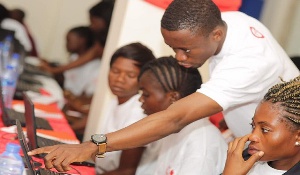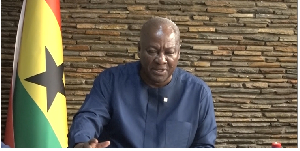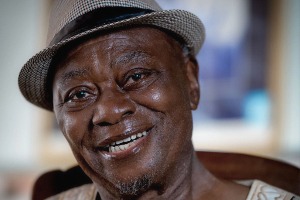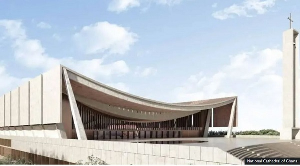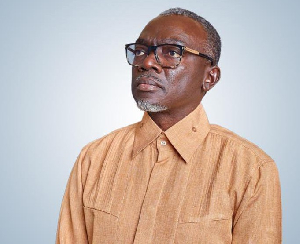In August this year, the Vodafone Ghana Foundation made a bold statement. It had decided to implement a nationwide coding exercise to empower about 10,000 Ghanaian youth in the next five years with digital skills.
Chief Executive Yolanda Cuba was emphatic during the launch of the project in Accra when she said the initiative will start a revolution across the entire nation. She was right.
The reasoning behind the new direction was sensible – for the first time a telecom company was taking a nationwide step towards social good by projecting its core competence. It resonated right away with Deputy Communications Minister, Vincent Sowah Odotei, who could not hide his joy:
“It is fulfilling that our youth can get this opportunity to become change makers with coding. Inasmuch as it is comforting for us that Vodafone is taking the lead in this, we want to also pledge that we are committed to ensuring that they will be given flexible room to operate efficiently.”
In an age of influence where digitalisation is leading a holistic charge in all facets of life, it won’t be long before the much touted global interdependence becomes ubiquitous.
Technology and its accompanying outlets Artificial intelligence, Machine learning; and Augmented Reality, are redefining a new world.
In fact, it is being anticipated that technology will be the last meaningful thing man ever created.
As a high-ambition company, Vodafone has already attained relevance and leadership in Ghana’s telecoms industry – as a force to be reckoned with in innovation and creativity as well as its community engagement.
Vodafone’s earlier initiatives since 2009, including Healthline TV and Medical call center, Mobile for Good; and Vodafone Scholars, have brought meaning to what a company should stand for.
The Scholars programme has altogether empowered over 500 girls in STEM education. The health initiatives led by Healthline-TV has benefited thousands of Ghanaians with free medical screening; emergency assistance, surgeries and general health education.
In Vodafone’s thinking, the coding programme is a way of establishing prominence in the new digital future – as is highlighted by its new brand promise of an exciting future.
The company’s Senior Management believes that coding will become a basic requirement for success in the emerging digital future and Ghanaians should not be left behind. In less than six months since its inception, close to 400 Ghanaian youth have benefited so far from the initiative across five regions and still counting.
A unique feature of the initiative is that almost all the basic training topics – HTML, JAVA, Digital Entrepreneurship; Financial Planning – are delivered by staff volunteers, who take time off their hectic schedule to make an impact.
Charles Jackson, one of the key volunteers, has an interesting perspective: “The way I see it; this is what makes Vodafone an exciting place to work. I work with the Technology team and to see the delight on the faces of these youth when they can create their own websites; tweak their own mobile apps; blows me away. I see, at first hand, the impact such a simple process can bring to a nation.”
Having established a presence in Ghana some nine years ago, the Foundation aims to use its core strength as a technology company for the good of society.
It is deeply seated in a global Vodafone belief that the real value of a company lies in its ability to show concern for the communities in which its workers live and work. It is what is underpinning the current philosophical tenets of corporate social responsibility worldwide and Vodafone Ghana seems to have picked this up very well. It is what External Affairs Director, Gayheart Mensah likes to call the “triple bottom-line – people, profit and planet – in action.”
Business News of Friday, 30 November 2018
Source: Vodafone Ghana





